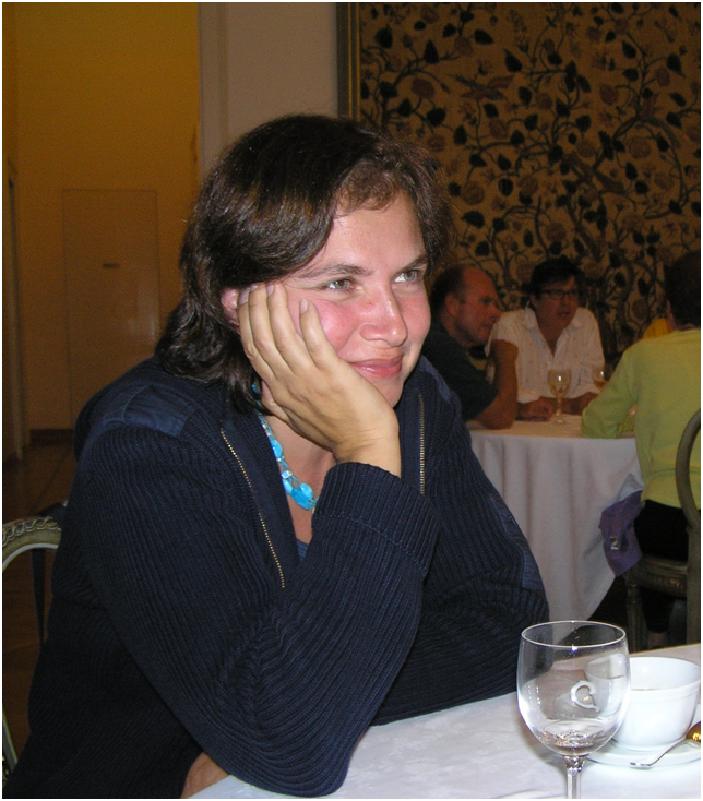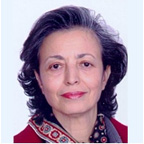- 02 May 2012
WOMEN AND THE ECONOMY IN THE MIDDLE EAST: REVALORIZING THE WORK OF WOMEN IN THE INFORMAL SECTOR
Abstract
Around half the labour force in the Arab world is engaged in the informal sectors. This being so, any revalorisation of these sectors, which include a majority of women, will require that the expansionary policies and outcomes be financed in relative independence from the shackles of the international financial architecture. In other words, the ruling elites have to ration and tame their interests by limiting their integration with world capital and the rate of wealth accumulation of the national bourgeoisie has to be capped by the ceiling of re-circulating the social product nationally – a constraint which may erode the very raison d’être of such a class. Hence, for a developmental agenda to be put into effect, the class structure of the state will need be composed of a domineering labour and feminist component or include higher labour representation.
About the Speakers

Mine Eder is a professor at the Department of Political Science and International Relations of Bogazici University in Istanbul, Turkey. She received her PhD. from University of Virginia and has specialized in political economy of development. She has published extensively on various aspects of Turkey’s political economy. Most recently, she has been working on informal markets, immigrant workers and social exclusion.

Prior to joining the Middle East Institute, Ali Kadri was visiting fellow at the Department of International Development, London School of Economics and Political Science (LSE) and head of the Economic Analysis Section at the United Nations regional office for Western Asia. Dr. Kadri is presently in the process of conducting research on the political economy of development in the Arab World. During his work at the United Nations, he was the lead author of the UN flagship publication dealing with the economic and social conditions of Arab Western Asia. Dr. Kadri has published on issues of the labour process in the Arab world. His forthcoming work, entitled ‘Arab development denied,’ looks into the formidable obstacles facing development in the Arab world.

An anthropologist and psychologist by profession, Labidi holds a doctorate in psychology and a PhD in anthropology from the University of Paris. Labidi was a professor of clinical psychology at the Faculty of Human Sciences at the University of Tunis, where from 1997-2001 she directed a program on The Construction of Public Morality in the Arab World and Africa (Senegal, South Africa, Tunisia, Egypt). She has been a member of the Institute for Advanced Study, Princeton (1995-1996), fellow at the Woodrow Wilson International Center for Scholars, Washington, DC (2001-2002), visiting professor of psychology at the American University in Cairo (2004-2005) and Yale University (2008-2009), and co-founder and active member of the Association of Tunisian Women for Research and Development and the Tunisian Association for Health Psychology. She is the author of several books and numerous articles on the Arab world, treating subjects such as the history of the feminist movement, psychology and sexuality, the construction of identity, attitudes towards death, among others, and has also organized many national and international conferences and exhibitions in Tunisia. Lilia Labidi was Minister of Woman Affairs in the new Tunisian government of National Unity (January-December 2011), following the overthrow of the old regime.
Event Details
Tower Block Level 2, Bukit Timah Campus National University of Singapore 469A Bukit Timah Road, Singapore 259770




